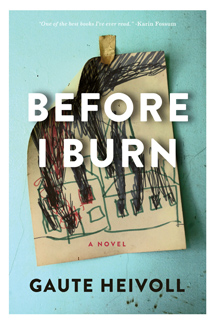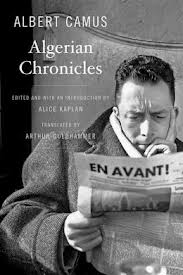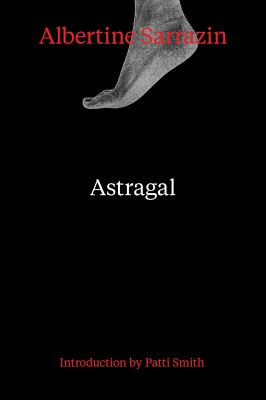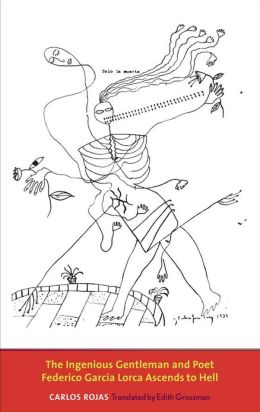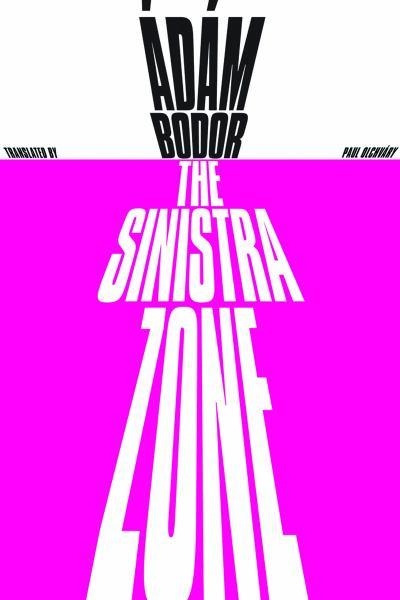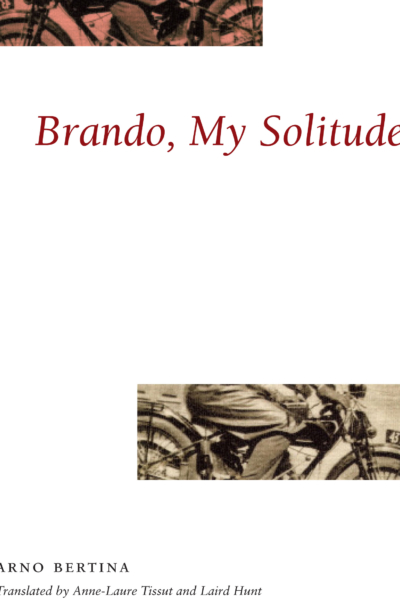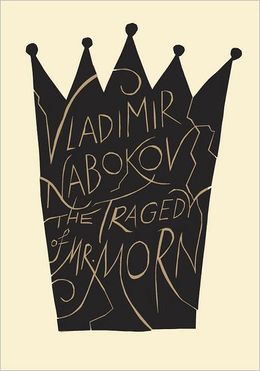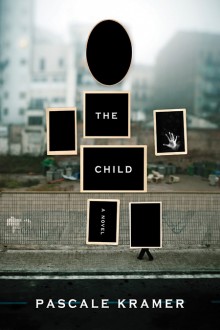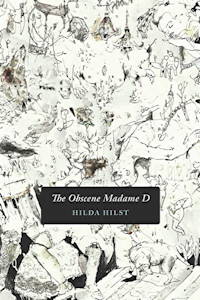An irrepressible story, one that dissolves all certainty, and which can hardly be contained by words without threatening to burn them to the ground.
Algerian Chronicles – Albert Camus
In Algerian Chronicles we get both the settled position of Camus on Algerian independence and a study of what led to this exasperated tone – namely the insufficiencies of humanist principles to get a fair hearing during a particular kind of political sequence.
This is not a road novel, but a story of imprisonment that is always present even if it changes form.
The Ingenious Gentleman and Poet Federico García Lorca Ascends to Hell – Carlos Rojas
I’m not sure I need to know this Lorca.
The Sinistra Zone – Ádám Bodor
Though the anti-communist critique begins pointedly, after working its way through the book’s vulgar and whimsical digestive tract, it plops out the back end of the novel watered down and amorphous.
Is Emil Cioran an author to be feared?
Brando, My Solitude – Arno Bertina
The narrator tries to ensnare his grandfather in prose.
The Tragedy of Mister Morn – Vladimir Nabokov
Watching it sounds painful.
To Kramer’s credit, and to the reader’s dignity, there is no life because life itself is comprised of death, of disease, of a boy’s rotten teeth and a lover’s disintegrating body.
The Obscene Madame D – Hilda Hilst
This publication of Hilst’s THE OBSCENE MADAME D may just be the literary miracle of 2012.


